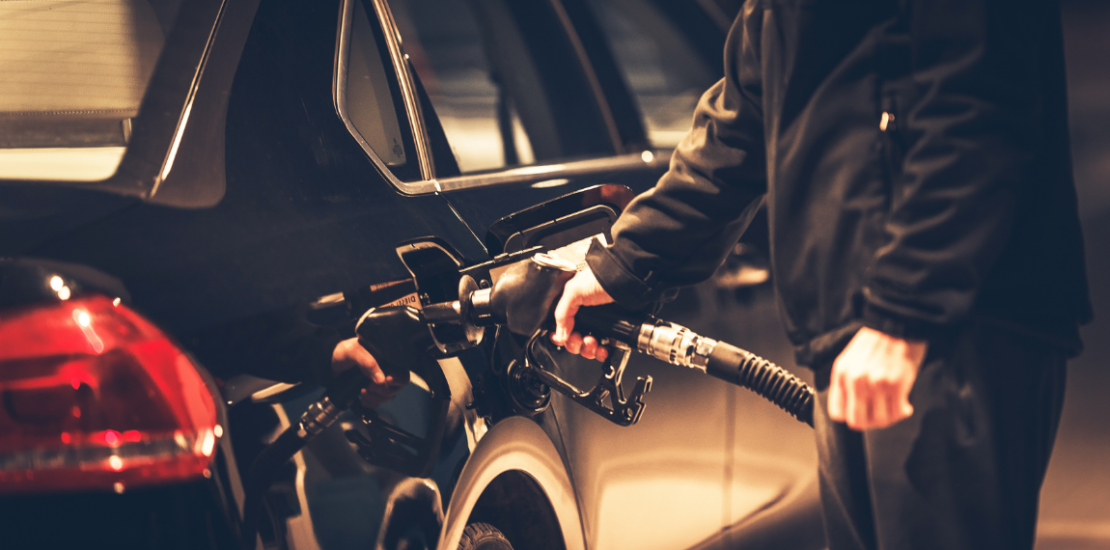August 16, 2021
Posted by: Jorge Platero
Category: Faconauto News

This type of internal combustion has experienced a significant decline in recent years despite its technological advances in environmental matters.
The diesel situation in our country has changed a lot and in a very short time. Diesel has gone from being the predominant combustion, to seeing its importance decline year after year. In 2020, the drop in diesel has once again been intense, especially in some autonomous communities. But, what has been the evolution of your sales? What future do you have in the automotive sector?
During the past year, and according to data compiled in the latest Faconauto Report, diesel fell more than 32.65% compared to 2019. Only 237,681 units were sold. However, the decline has not been the same in all autonomous communities. There have been regions where the decline has been especially negative.
This is the case of the Balearic Islands where the reduction compared to the previous year has been greater than 40%. They are followed by other communities such as the Canary Islands with a decrease of almost 40% and Catalonia and Navarra with falls close to 32%. On the other hand, the areas where diesel suffers the least are Madrid (-15.95%) and Castilla La Mancha (-18.57%).
As a context, the data regarding diesel in 2016, just 4 years ago, was very different. At that time, this combustion grew 0.2% and was the favorite for the Spanish. In total, 650,728 units were sold, almost 50% more than today. Since then, and after different political statements against diesel, the decline has been continuous and increasingly pronounced. In 2017, 596,718 were sold; in 2018, 513,963 and so on until reaching 237,681 today.
A European trend
These trends will continue in the coming years not only in Spain but also in Europe. In the next 5 years, both Denmark and Finland, Romania and Hungary clearly see a gradual decrease in this motorization. France, for its part, sees a more marked decline. The position most separated from that of other countries is that of Austria, which will favor an increase in diesel registrations to try to meet environmental objectives.
“They are wanting to accelerate the processes without neither the technology nor the buyers being prepared. The ambitious limits established by the EU are an attempt to accelerate the arrival of decarbonized mobility, an objective that we share in the background, but not in the form ”, indicated Gerardo Pérez, president of Faconauto.
share …
